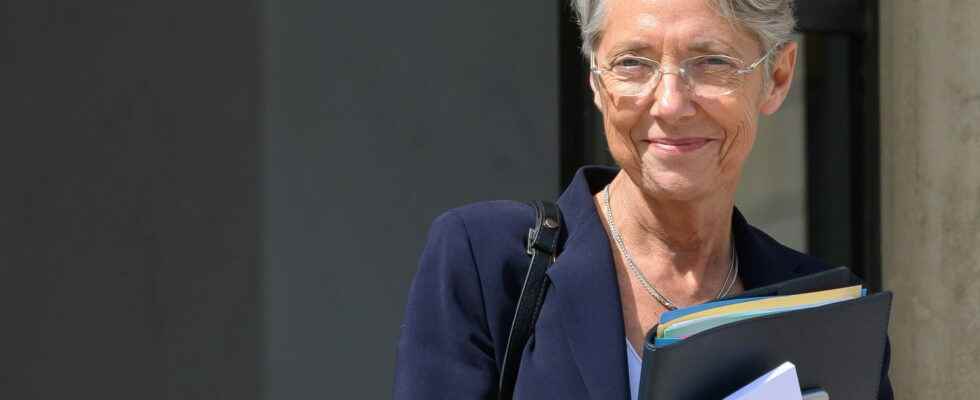The exceptional back-to-school bonus will be paid to the most modest incomes from September. To strengthen the purchasing power of the most precarious, the basic amount of 100 euros is variable, and the allocation criteria are precise. Who to benefit from it?
Within the framework of the purchasing power law, the government voted in favor of a premium to compensate for inflation runaway in recent months (+5.8% in June 2022 year-on-year). Called “inflation bonus” or “exceptional back-to-school bonus”, it will be paid in a single payment at the start of the school year. Caused in particular by the war in Ukraine, the general and sometimes exorbitant increase in prices weighs on the most modest households. More than 9 million households will thus be able to receive this “emergency food aid”, estimated at a hundred euros. A price that varies according to the number of children, and whose award criteria are precise.
When will the inflation bonus be paid?
With rising consumer and gasoline prices, household budgets are heavily impacted by inflation. To help the French cope with this situation, Elisabeth Borne announced the payment of an inflation bonus from the start of the 2022 academic year. It will be paid directly into the bank accounts of the households concerned. in September, but the exact date has not yet been announced.
What will be the amount of the inflation premium?
This new state aid should be around 100 euros, plus 50 euros per child. The reference taxable income is not taken into consideration for its attribution. A family of two adults and three children will receive 250 euros.
Who can benefit from the inflation bonus?
The government announced that the most modest would be the beneficiaries of this inflation bonus. It could be students aged 18 to 25 as well as parents with modest incomes or even recipients of social minima. Households benefiting from the RSA and APL in particular are thus concerned. And from October 1, this bonus will be supplemented by a specific bonus for home-work journeys made by car.. However, this will depend on the reference taxable income, may reach a maximum of 300 euros, together with a “a 50% increase for all those whose work is more than 30 km from their place of residence” explained the Minister of the Economy Bruno Le Maire on July 7th.
